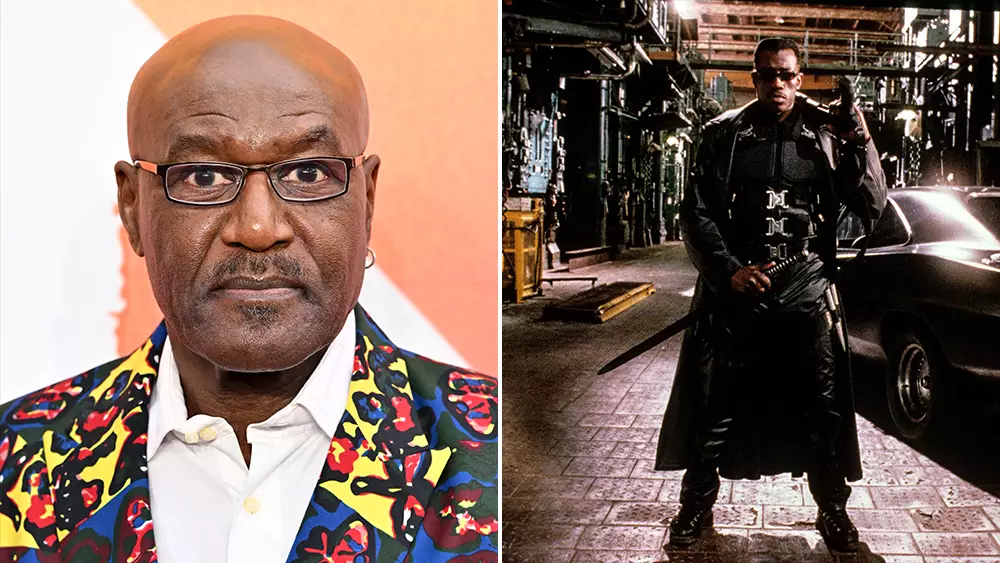The much-anticipated reboot of Marvel’s Blade, which stars the distinguished Mahershala Ali, seems more cursed than blessed as veteran actor Delroy Lindo recently spilled the tea on the project’s tumultuous trajectory. During an exchange with Entertainment Weekly, Lindo described the aspirational reboot as having “just went off the rails.” This admission highlights an unnerving truth: the entertainment industry’s struggle against creative divergences and systemic mishaps can often turn promising narratives into fragmented tales, and Blade is now emblematic of that chaos.
While one might have anticipated a fresh perspective on the iconic vampire hunter, Lindo’s insight suggests an environment plagued by indecision and lack of cohesion. He implies that when he initially engaged with Marvel, there were promising discussions surrounding inclusivity, character depth, and engaging storytelling. However, all that optimism has unraveled. With promises of a character inspired by historical figures such as Marcus Garvey—a beacon for Black empowerment—one has to wonder what went wrong. Where did the vision for an inspiring Black hero go astray amidst studio politics and creative disagreements?
The Burden of Expectations
As a cultural landmark stemming from the late 90s, Blade correctly deserved a reboot that injected the same level of raw energy that Wesley Snipes brought to the role. However, the fact that this film has been delayed, altered, and disrupted so many times leaves one questioning Marvel’s ability to adapt and innovate in this new era. As a once-pioneering franchise, its current decision-making processes seem bogged down in conflicting narratives and a lack of cohesive leadership.
Lindo, who was originally slated to take on a role representing a “Marcus Garvey-esque” figure, left the project, marking a pivotal moment where a potentially groundbreaking character—one symbolizing empowerment and community—faded into the shadows. The character’s promise could have introduced complex narratives based on historical legacy and socio-political themes. Instead, we are left wondering whether Blade will ultimately tip the scales falling into the pit of mediocrity, given the myriad of changes and delays.
The Future of Blade: A Fractured Identity
Marvel’s Kevin Feige has publicly expressed commitment to Ali’s portrayal despite these setbacks, and while this verbal assurance might provide some comfort, it does little to mask the underlying issues of misalignment within the project’s development. Blade’s identity as a protective figure could reflect contemporary battles against racial injustice and societal inequities, yet it risks diluting its potential with the burden of ongoing internal strife.
In an era where representation matters deeply, the hesitation to embrace Lindo’s vision means the film is not just losing a character but also an opportunity to say something significant about the Black experience in America. As Blade’s narrative stakes rise, the studio seems to flounder under the weight of its own ambitions. Instead of offering a reflection of society’s complexities, it feels as though we are left grasping at an ever-receding horizon—an emblem of missed potential in a time when we desperately need more representation and authenticity in the stories we tell.

Leave a Reply